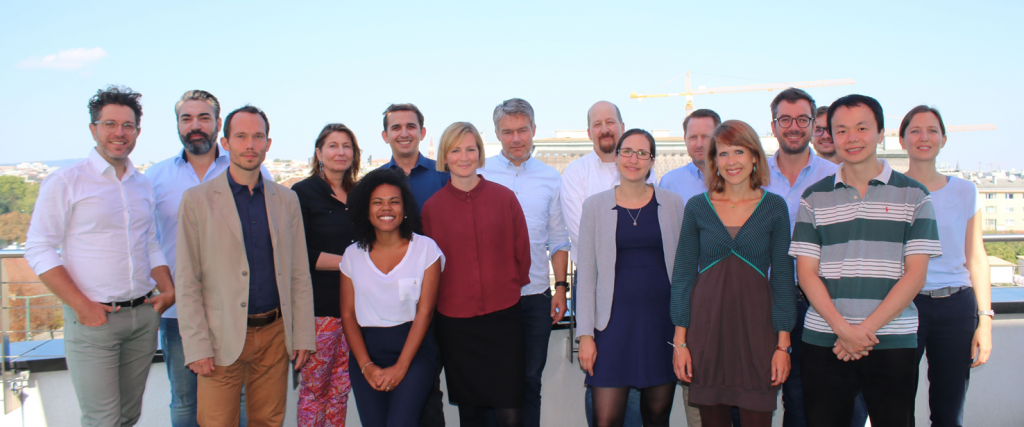OptiMaaS

Reshaping mobility in the urban periphery
You are losing track of different new mobility services and offers like freefloating or station-based carsharing, on-demand services, ride sharing, e-bike- or scooter sharing and combined offers besides public transport options? Just download an app, register, choose your mobility preferences, indicate your route and off you go with one single account. In brief that is the idea of “MaaS”.
The concept of “MaaS – Mobility as a Service” is based on a digital platform that enables to combine and utilize the services of the different public and private transport providers via one single account. Sounds simple? Ideally it keeps what it promises. Yet behind the user interface it requires the management of a huge complexity:
Who is delivering the transport services? Do the interests of transport operators match with the interests of city policies concerning mobility and urban development? Are there any operators at all available, especially in the urban periphery? What are the business models for the MaaS providers and the single transport operators? Does the provided service match user demands? And will the concept of MaaS lead to a more convenient and environmentally friendly mobility at the end?
The European research project “OptiMaaS – Optimized Mobility as a Service: Holistic mobility solutions for the urban periphery” addresses these questions amongst others. The project aims at reducing congestion through better multimodal, environmentally friendly mobility services in the urban periphery and improving the social acceptance of Mobility as a Service (MaaS) offers. The project members will develop new methods and processes addressing the needs of public and private mobility actors to provide optimized MaaS offers in the urban periphery. Therefore Mobility-Labs (physical and/or virtual) in Vienna, Oslo and Brussels will be set up to evaluate the impacts of different strategies on city planning policies, new business models, cooperations of public and private mobility actors as well as the user acceptance of individualized MaaS offers.
For this cooperation, public and private transport operators, urban planners, IT platform providers and research institutions from Austria, Belgium and Norway have joined their efforts: tbw research GesmbH, Institute of Transport Economics TØI, AIT Austrian Institute of Technology, UIV Urban Innovation Vienna, MO.Point Mobilitätsservices, Upstream – next level mobility GmbH, Wiener Linien, Brussels Mobility and Ruter AS.
Project Background Infomation
- The project “OptiMaaS” is funded by the European Joint Program Initiative (JPI) “Urban Europe” under the call “Making Cities Work” (https://jpi-urbaneurope.eu/)
- Duration of the project: Sept 2018 – Feb 2021
- Total project costs: EUR 1,3 Mio
- Further information on the project homepage (optimaas.eu)
- Project partners: tbw research GesmbH, Institute of Transport Economics TØI, AIT Austrian Institute of Technology, UIV Urban Innovation Vienna, MO.Point – Mobilitätsservices GmbH, Upstream – next level mobility GmbH, Wiener Linien GmbH & CO KG, Brussels Mobility, Ruter AS
Project coordinator and main contact
tbw research GesmbH
Project management: Angela Muth
Grünbergstraße 15, Stiege 1, 5. Stock
1120 Vienna, Austria